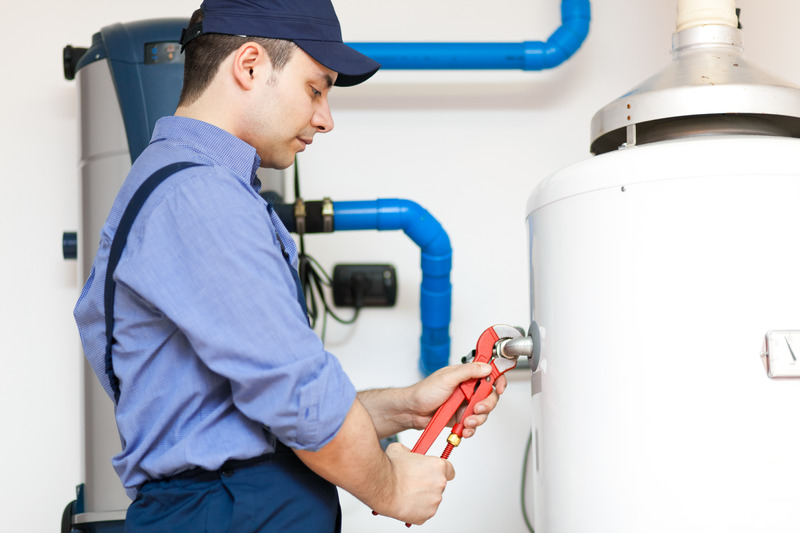
A sudden water heater failure is never convenient. Whether it’s cold showers, a flood in your utility room, or the inconvenience of not having hot water, an emergency water heater breakdown can disrupt your day and lead to costly repairs. Fortunately, with regular water heater maintenance, you can prevent these issues and ensure your system works efficiently for years to come. Here are some practical tips to help you avoid emergency water heater repair.
1. Schedule Regular Maintenance Checks
Routine maintenance is the most effective way to extend the life of your water heater and prevent unexpected breakdowns. Most professionals recommend annual inspections to ensure that all components are functioning correctly. A water heater repair expert will:
- Check the thermostat and temperature settings
- Inspect the anode rod (which prevents rust)
- Flush the tank to remove sediment buildup
- Test the pressure relief valve for safety
Regular water heater maintenance can help catch minor issues before they escalate into larger, costly repairs.
2. Flush the Tank Regularly
One common cause of water heater breakdowns is sediment buildup in the tank. Over time, minerals from your water supply can settle at the bottom of the tank, reducing its efficiency and leading to overheating. This puts extra stress on the system, increasing the risk of an emergency water heater repair.
Flushing the tank once or twice a year removes this sediment, helping the water heater run more smoothly and efficiently. A professional can perform this task as part of regular maintenance, or you can learn to do it yourself by following the manufacturer’s guidelines.
3. Monitor Water Heater Age
Knowing the age of your water heater is important for planning when it might need repairs or replacement. Most water heaters last between 8 to 12 years, but older units are more prone to breakdowns. If your water heater is approaching or exceeding this age range, you might want to consider a replacement before an emergency strikes.
Older water heaters are more likely to experience leaks, tank corrosion, or inefficient heating. If you start noticing signs of wear, such as rust-colored water, inconsistent temperatures, or strange noises coming from the tank, it’s time to call a professional for an inspection.
4. Check the Pressure Relief Valve
The pressure relief valve is a vital safety feature of your water heater. It prevents the tank from building up too much pressure, which could cause it to explode. Over time, this valve can wear out or become clogged, leading to serious risks.
Make sure to test the pressure relief valve at least once a year to ensure it is working properly. If you’re unsure how to do this, a water heater maintenance professional can help during your next service.
5. Replace the Anode Rod
The anode rod plays a crucial role in preventing rust and corrosion inside your water heater tank. This metal rod attracts corrosive elements, which would otherwise eat away at the tank lining. An anode rod typically lasts 3-5 years, but it should be inspected regularly and replaced when necessary. Neglecting the anode rod can lead to rust, which may cause leaks and eventually require an emergency water heater repair.
6. Call a Professional at the First Sign of Trouble
One of the best ways to avoid an emergency water heater breakdown is to address problems early. If you notice any signs that your water heater is not working properly—such as strange noises, fluctuating water temperatures, or water leaks—it’s important to call a professional for water heater repair right away. Catching problems early can save you from a complete system failure and the inconvenience of an emergency repair.
For expert water heater maintenance and repair, contact St. George Water Heaters today. Our team is here to help you keep your water heater running smoothly and prevent those unexpected breakdowns.



